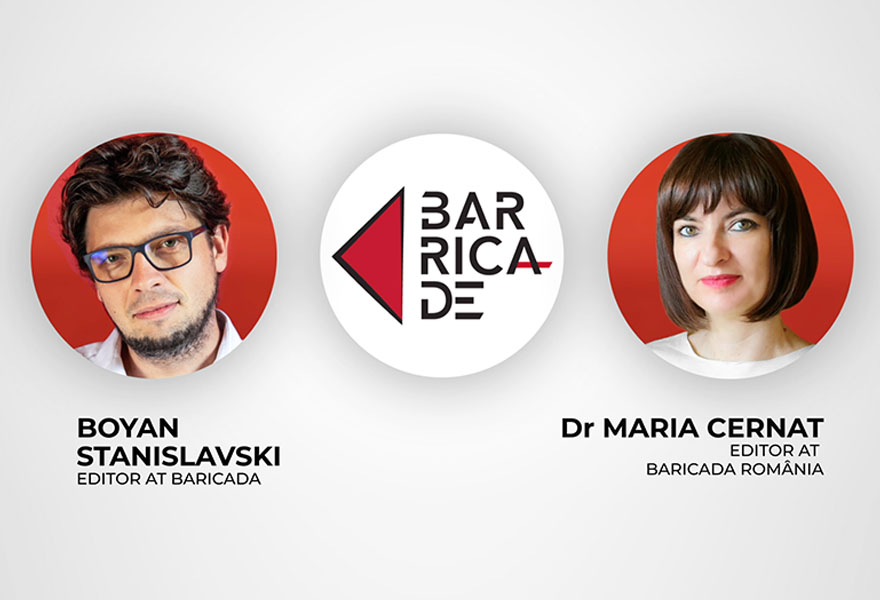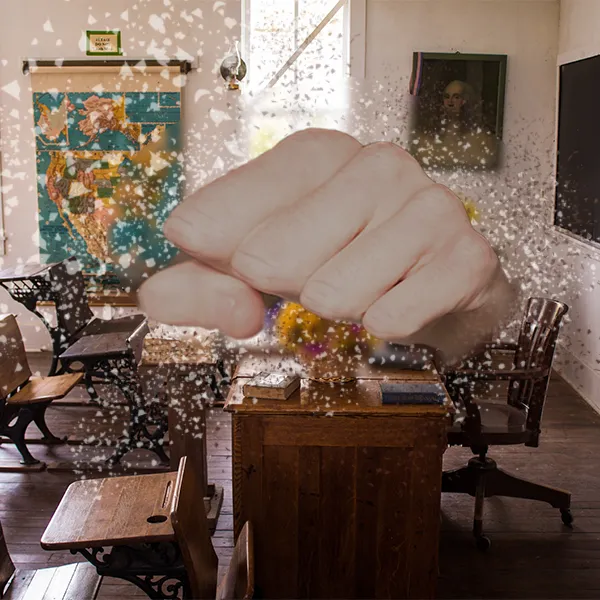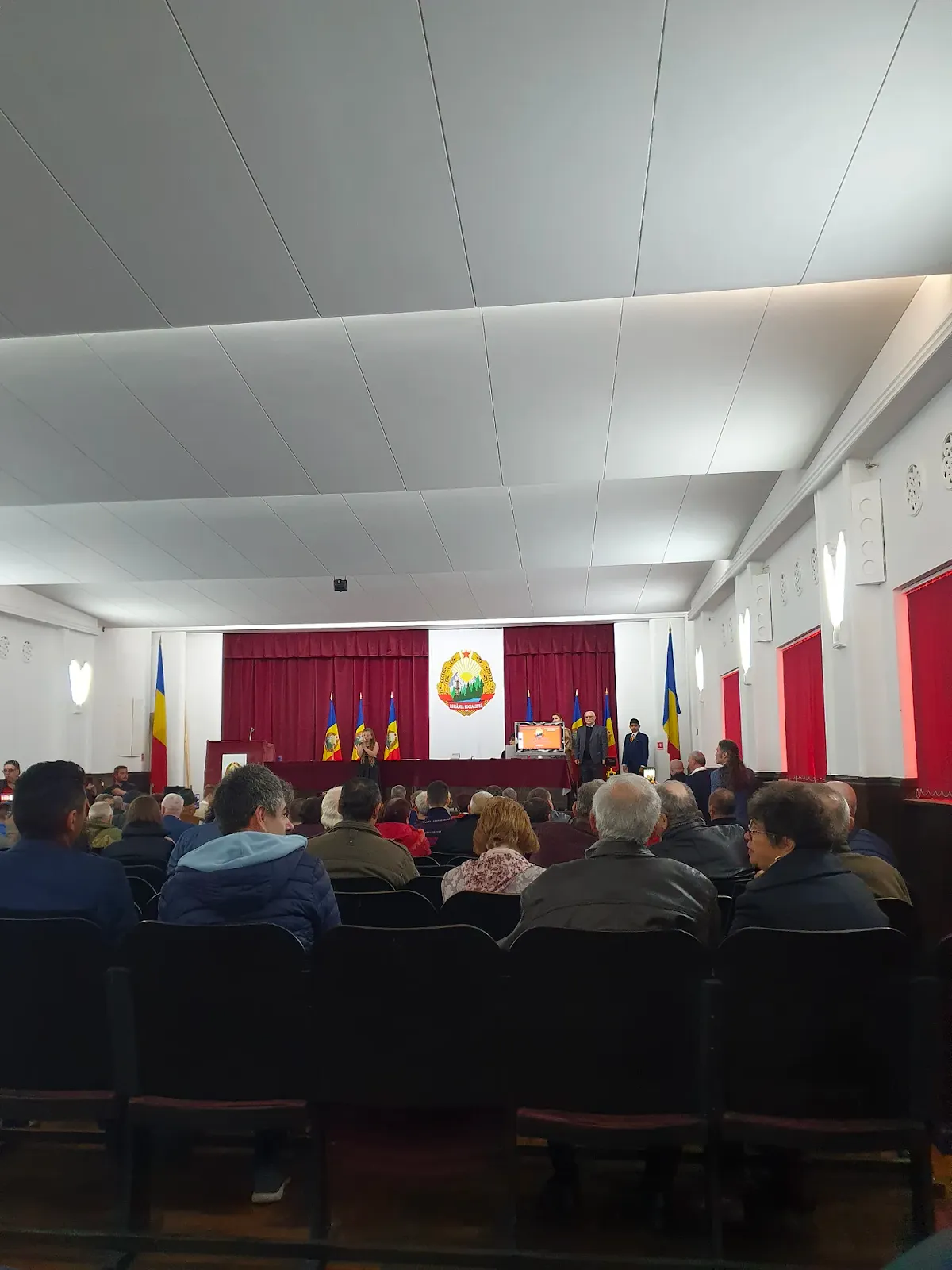The Church is considered the ultimate spiritual, God-given power, while the State represents the earthly preoccupations of humankind. In reality, often both powers need each other thus giving rise to problems with this symbiotic communion. This is the case with Poland and Romania.
The relationship between the Romanian Orthodox Church and Romanian state have not always been a shining example of perfect unity. During the era of Alexandru Ioan Cuza in the 19th century, there was on the one hand the Romanian State dispossessing the church of its landholdings while on the other, it paid salaries to Orthodox Priests from the state budget. Later on, in interbellic times, the Romanian Orthodox Church became close with the nationalists, the so-called Iron Guard, an anti-Semitic organization. There was even a moment at the end of the 1930s when the Romanian Patriarch became the Prime Minister! And after World War II, the Church renewed ties with the Communist political forces of the time. “Although we had Atheists in power in Romania, they too, were close to the Church”, Maria Cernat explains. In addition, the Church chose to get close to the security forces, the Securitate, by handing confidential information to it which worshippers had shared with the Church during private confession.
This close relationship between the Church and the State continued after 1989. The ideological void which appeared after the withdrawal of Communism was filled by the Church claiming martyrdom under the former Socialist regime.
In Poland after 1989, the Catholic Church assured a special fund from the State for itself, which continues to grow every year. In the past, Polish Socialist leaders played by the book, distancing themselves from the Church, officially, but in reality they were part of the same culture and system and never became true Marxists. Gradually, the state took away influence from the Church, providing the population with utilities and infrastructure which the Church evidently could not supply. Nevertheless, the Church is recognized as a pillar element of Polish national cultural identity. Now it claims that the Church faced harassment during Socialist rule but it is not true, it was simply undermined, Boyan Stanislavski: “There was no systematic, structural assault on the Catholic Church” commented. And from his point of view, it managed to launch its first Catholic Fundamentalist Campaign at the end of the 1980s. “They wanted to secure their position at the table. So they started a hysterical campaign against abortions”, Boyan adds. But by the late 1990s the people bowed to pressure from the Church and it became much more influential. Today, Poland has a Catholic Fundamentalist Party in power and the Church is a key player in their strategic campaign. That is why the Catholic Church is primarily able to dictate the main narratives. “That is a problem”, Stanislavski exclaims.
Romanian law banned abortions in 1966. The State considered women’s bodies a human incubator, Maria Cernat reminds us. The feminist organizations wanted the construction of a monument to commerate the women who died while trying to obtain an abortion that was outlawed as illegal. In early 1989 abortions were ‘permitted’ once more but the Church couldn’t say anything because of the trauma of retaliation they suffered.
But today, the Romanian Orthodox Church is led by a Neo-Protestant agenda. In 2018, there was a Referendum for Romanian families about marriage being defined as the union between a man and a woman — not of two people, which is explicitly an anti-LGBTQIA+ legislation. At that time, Maria Cernat read about the Conference on the Family in Chisinau influenced by the Kremlin and Protestants. Her statement: “It was as if all the international conservatives united”.
Boyan Stanislavski took note that such a Congress also had taken place in Warsaw and he looked at the funding for this event. “There is one person from Russia —who invests in this kind of thing— but there is no evidence that links this kind of person to Putin. He is a known Orthodox Fundamentalist… But he is on the fringes of Russian politics. In Russia, it is unimaginable to make public extremist statements against abortion”, the Polish journalist remarks.
Meanwhile, in Romania, Sputnik creates the impression that it is linked to the Orthodox Church, Maria Cernat declares and adds: “This is the problem. The problem is that the Romanian Orthodox Church acts as a corporation”. Also, politicians who are nominally liberal and socialist are in fact, conservative and obey the Romanian Orthodox Church’s position on sex education. It was only allowed to be taught to schoolchildren over the course of one hour per semester and only with the consent of their parents.
The following is a link to a video addressing other problems the Polish Catholic Church and the Romanian Orthodox Church create:
The Barricade is an independent platform, which is supported financially by its readers. Become one of them! If you have enjoyed reading this article, support The Barricade’s existence! We need you! See how you can help – here!










